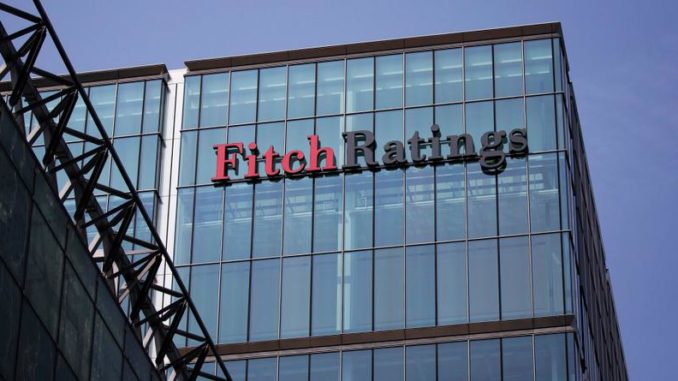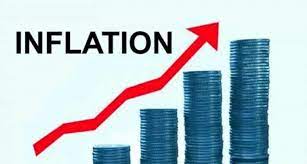Fitch Ratings’ latest evaluation maintains Nigeria’s long-term foreign-currency issuer default rating at ‘B-‘ with a stable outlook. The assessment underscores several of Nigeria’s strengths, including its robust economy, a well-established and liquid domestic debt market, and substantial reserves of oil and natural gas.
This reaffirmation coincided with an announcement by Central Bank of Nigeria Governor, Olayemi Cardoso, emphasizing a strong commitment to rejuvenating the central bank’s operations and enhancing policy effectiveness for the benefit of Nigerians. While these developments are promising, Fitch Ratings also outlined the limitations affecting Nigeria’s credit rating.
These concerns encompass issues related to governance, low non-oil revenue, heavy dependence on hydrocarbon resources, security challenges, high inflation rates, reduced foreign exchange reserves, and ongoing issues in the exchange rate system.
Fitch Ratings recognized the government’s support for reforms, particularly in reshaping the exchange rate framework. However, it voiced apprehensions about recent setbacks in these reform efforts, such as a decrease in price discovery in the foreign exchange market compared to earlier in the year, raising questions about the sustainability of progress. Additionally, newly disclosed data regarding the Central Bank of Nigeria’s net foreign exchange position revealed a weaker financial position than previously understood, contributing to the decision to maintain a stable outlook.
Persistent foreign exchange shortages have continued to exert downward pressure on economic activity and hindered foreign capital inflow. In October, the Central Bank of Nigeria took measures to lift the ban on importing 43 specific items and initiated efforts to clear nearly $6.7 billion worth of unfulfilled foreign exchange forwards. Nevertheless, a growing disparity between official and parallel exchange rates, with the latter commanding a premium of over 30 percent, reemerged since July. Average daily foreign exchange turnover at the official rate also declined to levels near those of April 2023, significantly below pre-pandemic levels, at $95 million in September.
Fitch Ratings emphasized that challenges persist despite progress in certain reforms, particularly the removal of fuel subsidies, which accounted for nearly two percent of the Gross Domestic Product in 2022.
Furthermore, continued foreign exchange shortages have curtailed economic growth and dissuaded foreign investments. The unification of various exchange rate windows did result in the depreciation of the official investor and exporter rate by nearly 40 percent, with heightened volatility observed towards the end of October.
Regarding the central bank’s foreign exchange reserve position, Fitch expressed concerns about its weakness. The central bank’s gross foreign exchange reserves decreased from $37.1 billion at the end of 2022 to $33.2 billion in September 2023.
The release of the central bank’s consolidated financial statements for 2022 in August unveiled a net foreign exchange position that was weaker than previously assumed, with sizable gaps remaining that hinder a comprehensive assessment.
The financial statements disclosed short-term central bank liabilities, including $5.5 billion in foreign-currency securities lending and $6.8 billion in foreign-currency forward payables. A significant lack of detail surrounding an additional roughly $32 billion labeled as ‘FX forwards, OTC futures, and currency swaps,’ recorded as an off-balance-sheet ‘commitment’ without a breakdown, raised questions.
While it is likely to encompass non-deliverable contracts settled in naira and longer-term commitments, it suggests that domestic bank swaps with the central bank may be higher than Fitch’s prior estimate of $10-12 billion. Nevertheless, the agency anticipates that most swaps will be rolled over, driven by incentives for banks to invest in high-yield sovereign securities and limited reliance on swaps for foreign currency liquidity due to substantial foreign currency placements with international banks.





